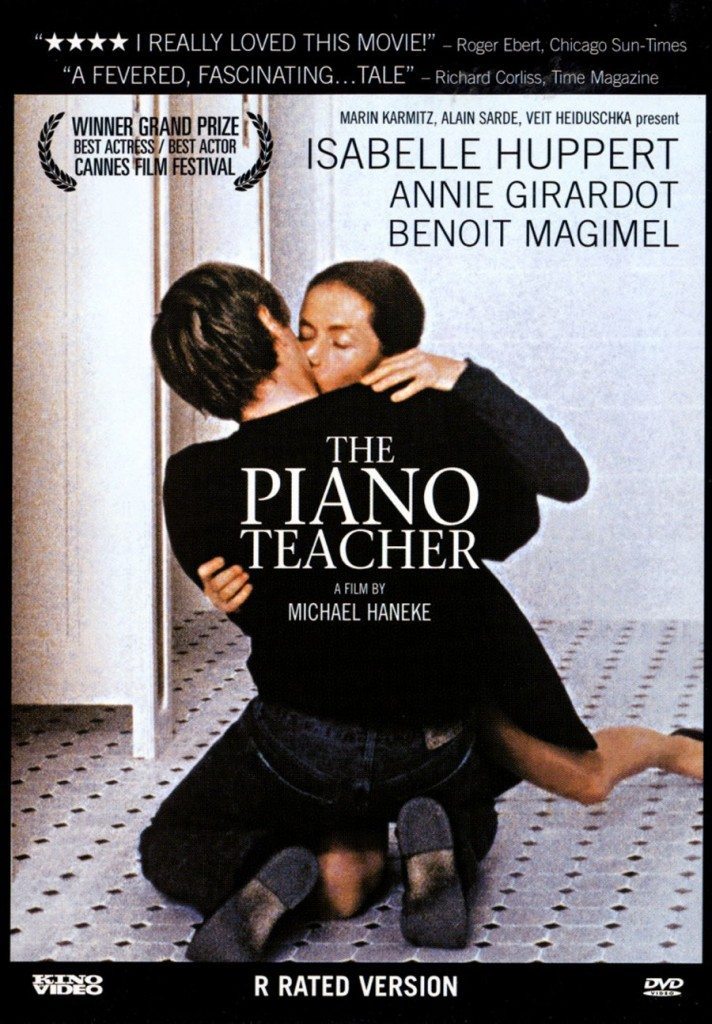
Munich is my husband's city and so I've always traveled to and from, and that's been good for our marriage. Vienna is where I've always lived because my friends are here and because I've never wanted to leave Vienna. I've always commuted between Vienna and Munich. It's a kind of Tale of Two Cities in the Dickensian sense. Sexuality was, strangely, the only area where I emancipated myself early on. She married Gottfried Hüngsberg on 12 June 1974. During the 1960s, she became active politically, read a great deal, and "spent an enormous amount of time watching television". She made her literary debut with Lisas Schatten ( Lisa's Shadow) in 1967, and received her first literary prize in 1969. After a year, she began to feel comfortable leaving the house, often with her mother. During this time, she began serious literary work as a form of therapy. However, she had to discontinue her studies due to an anxiety disorder, which resulted in self-isolation at her parents' house for a year. She studied art history and theater at the University of Vienna. Later, she went on to study at the Vienna Conservatory, where she graduated with an organist diploma during this time, she tried to meet her mother's high expectations, while coping with her psychologically ill father.

She was instructed in piano, organ, guitar, violin, viola, and recorder from an early age.

Her mother planned a career for her as a musical " Wunderkind". As a child, Elfriede attended a Roman Catholic convent school in Vienna.

Her mother, with whom she had a strained relationship, was from a formerly prosperous Vienna family. However, many of his relatives became victims of the Holocaust. Her father was a chemist, who managed to avoid persecution during the Second World War by working in strategically important industrial production. Her mother came from a bourgeois background, while her father was a working-class socialist. She was raised in Vienna by her Romanian-German Catholic mother and a non-observant Czech Jewish father (whose surname "Jelinek" means "little deer" in Czech). Biography Įlfriede Jelinek was born on 20 October 1946 in Mürzzuschlag, Styria, the daughter of Olga Ilona ( née Buchner), a personnel director, and Friedrich Jelinek. Next to Peter Handke and Botho Strauss she is considered to be the most important living playwright of the German language. She is one of the most decorated authors to write in German and was awarded the 2004 Nobel Prize in Literature for her "musical flow of voices and counter-voices in novels and plays that, with extraordinary linguistic zeal, reveal the absurdity of society's clichés and their subjugating power".

The Piano Teacher, Die Kinder der Toten, Greed, LustĮlfriede Jelinek ( German: born 20 October 1946) is an Austrian playwright and novelist. Feminism, social criticism, postdramatic theatre


 0 kommentar(er)
0 kommentar(er)
